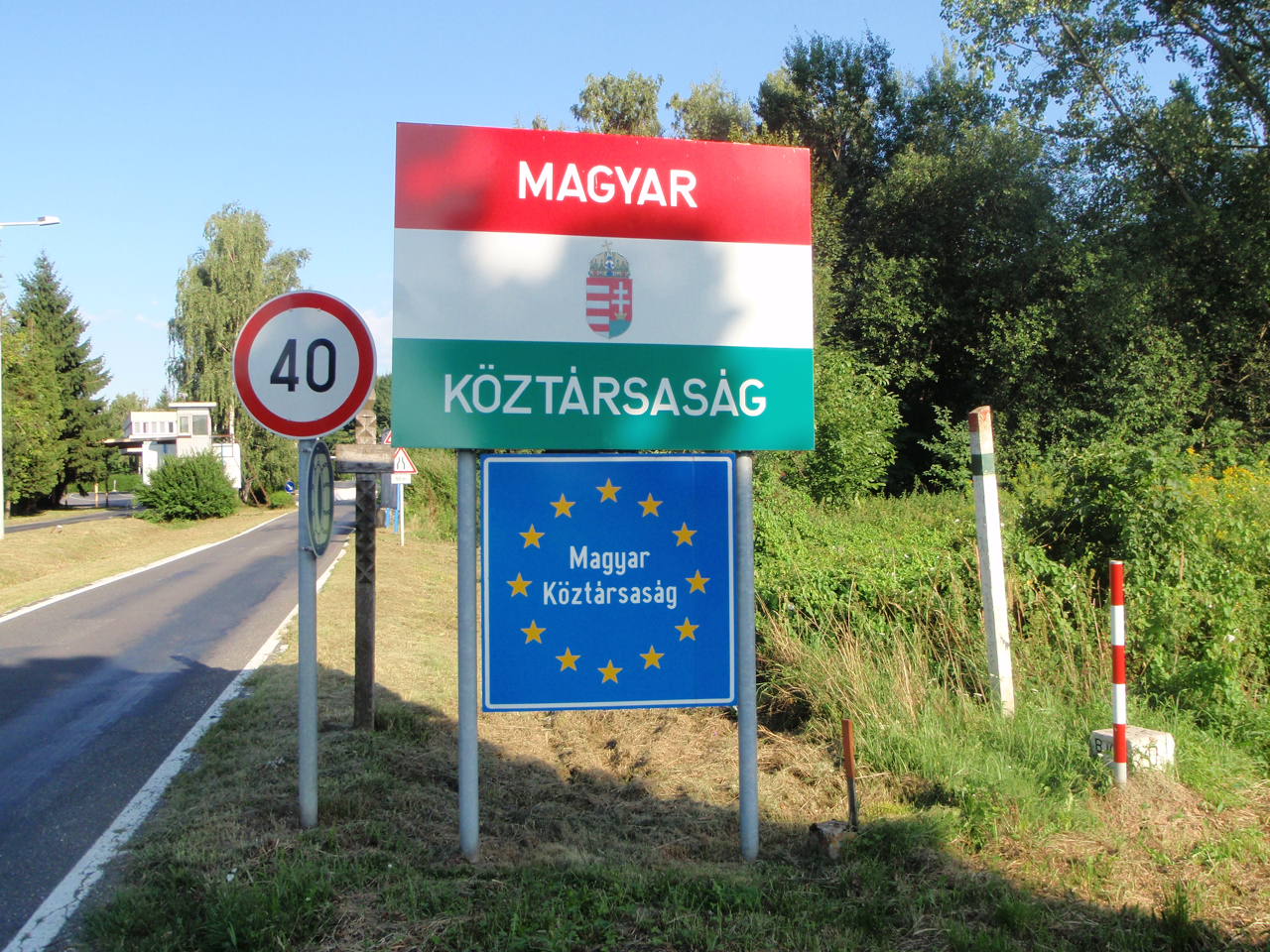The European Court of Justice (ECJ) has imposed a significant fine on Hungary, demanding €1 million (£845,000) for every day the country fails to comply with EU laws regarding asylum and the deportation of illegal migrants. This ruling marks an unprecedented move by the EU’s top court, which described Hungary’s actions as an “unprecedented and extremely serious infringement” of European asylum laws.
Hungary’s Breach of EU Asylum Laws
The ECJ’s ruling came after Hungary was found guilty of multiple violations, including the illegal detention of asylum seekers in transit zones, refusal to allow failed asylum seekers to stay during appeal processes, and the unlawful deportation of illegal migrants. Furthermore, Hungary forced asylum seekers to travel to Kyiv or Belgrade to apply for entry permits rather than offering international protection at its borders.
The ECJ’s decision to impose a daily fine follows a £169 million penalty already levied on Hungary for similar violations. The European Commission, which brought the fresh case against Hungary, argued that Budapest had not adequately complied with previous judgements, except for the closure of the controversial transit zones.
Viktor Orban’s Defiance
Hungary’s long-serving Prime Minister, Viktor Orban, has consistently clashed with the EU over asylum policies, particularly since the 2015 migration crisis. Orban condemned the fines as “outrageous and unacceptable,” claiming they penalised Hungary for defending the EU’s borders. He criticised Brussels bureaucrats, suggesting they prioritize illegal migrants over European citizens.
Historical Context and Current Challenges
During the 2015 migration crisis, Hungary saw over a million Syrians pass through its borders, prompting the government to erect border fences and adopt stringent measures. The southern border with Serbia remains a key entry point for migrants aiming to traverse the Balkans into wealthier EU nations like Germany.
The ECJ’s 2020 ruling highlighted Hungary’s breach of EU laws on asylum and deportation. Notably, Hungary detained asylum seekers in shipping containers along the Serbian border and deported illegal migrants without due process.
EU Solidarity and Migration Reforms
The ECJ emphasised that Hungary’s lawbreaking undermines EU solidarity, shifting the migrant burden onto other member states. EU countries have struggled for years to reform migration rules. A new policy proposal seeks to expedite asylum procedures and requires countries to accept migrants from frontline states or pay €20,000 per rejected migrant.
Despite these efforts, Hungary remains steadfast in its refusal to accept migrants from heavily impacted countries like Italy, Greece, and Spain. This stance will be a critical issue when Hungary assumes the rotating EU presidency on July 1, taking on the responsibility of brokering intergovernmental agreements, including key policy decisions post-European elections, which saw significant gains for anti-migrant hard-right parties.
A Country Under Siege: Ukraine’s Conscription Crisis
Parallel to Hungary’s EU troubles, Ukraine faces its own challenges with conscription amid the ongoing war. In Odesa, Serhiy and Tania’s beach wedding was overshadowed by the fear of conscription, which kept half their guests away. Ukraine’s government, grappling with heavy military losses, has intensified its efforts to mobilise men aged 25 to 60.
Conscription officers patrol public places, searching for those avoiding registration, leading many men to hide. The stringent conscription drive has sparked societal divisions, with some men resisting enlistment due to distrust and fear of becoming cannon fodder. Training programs, like the one led by patriotic volunteer Hennadiy Sintsov near Kyiv, aim to prepare new recruits, but the motivation remains low.
As Hungary faces escalating fines from the EU, the country must navigate complex political and legal landscapes. Meanwhile, Ukraine’s internal struggles with conscription underscore the human cost of ongoing conflicts. Both nations highlight the broader challenges of governance, law, and human rights within and beyond Europe’s borders.
Further Reading
